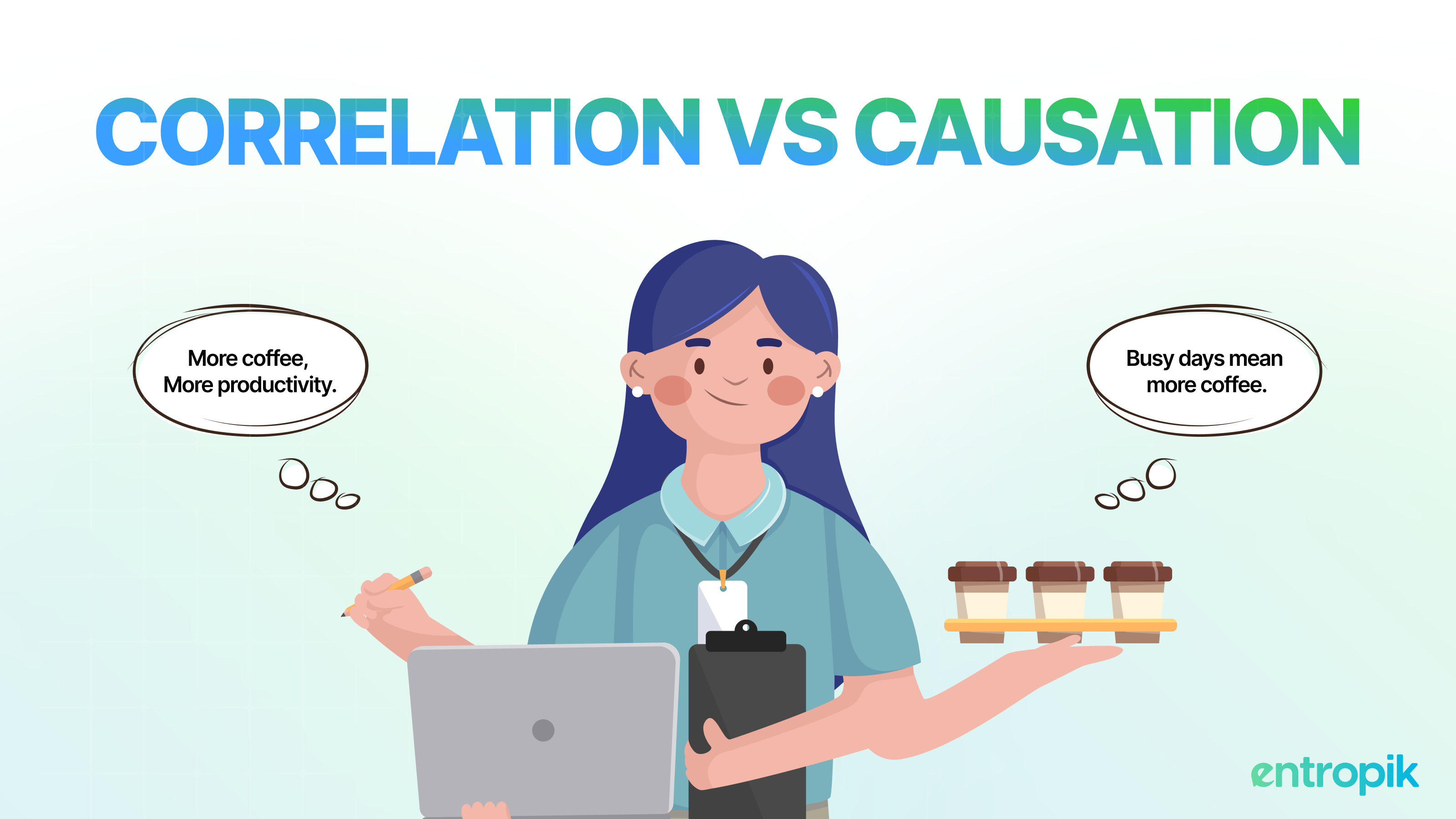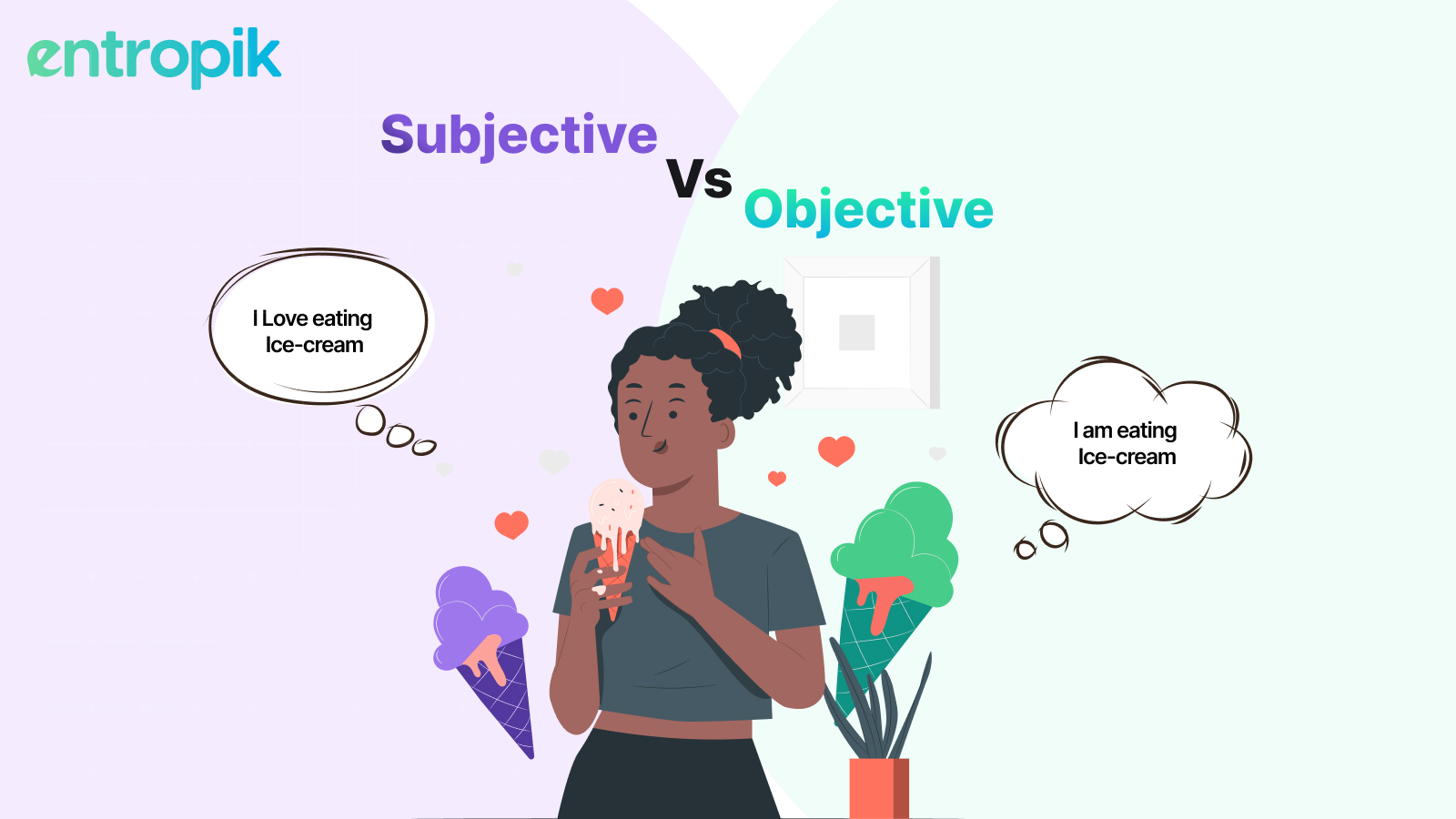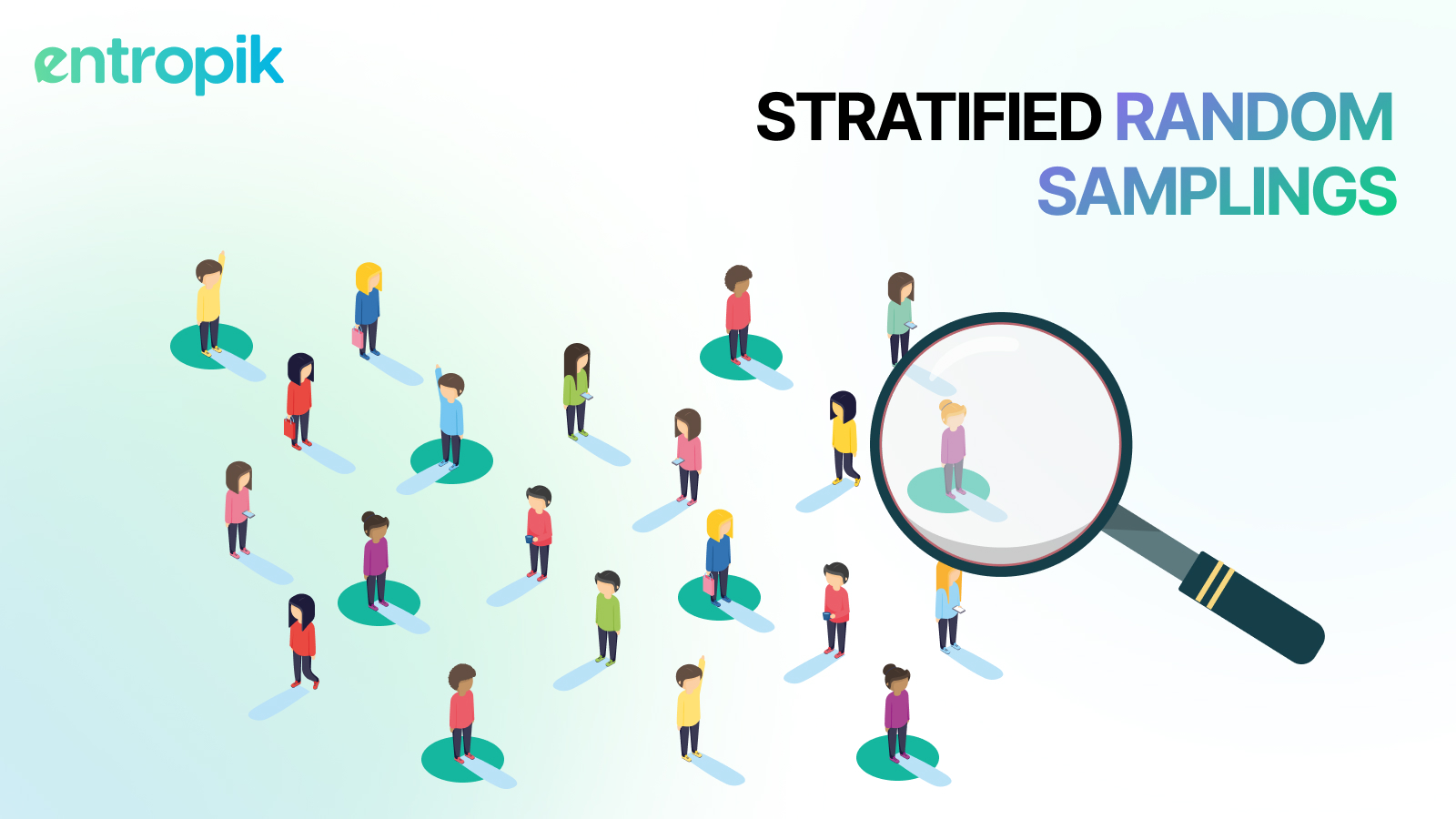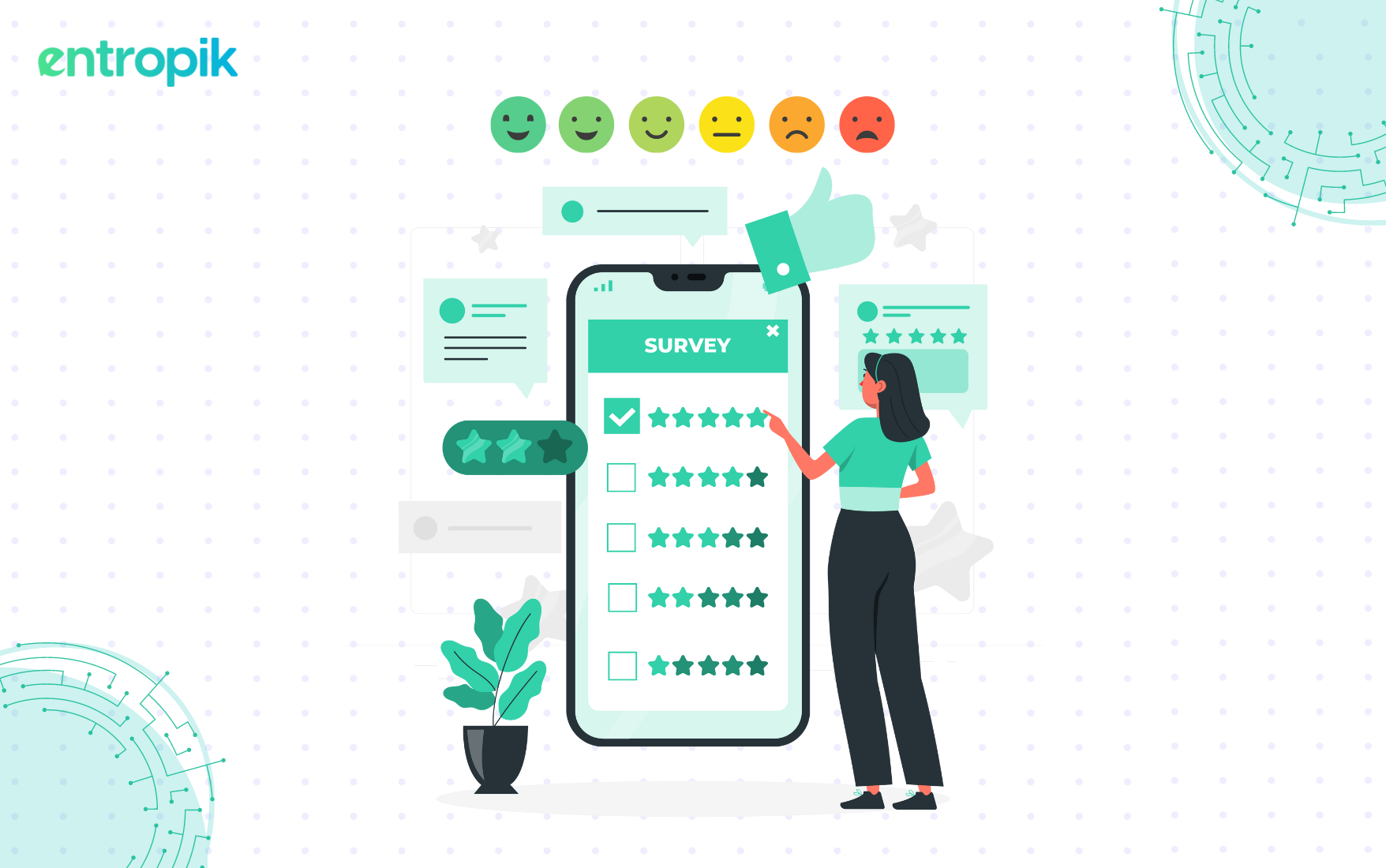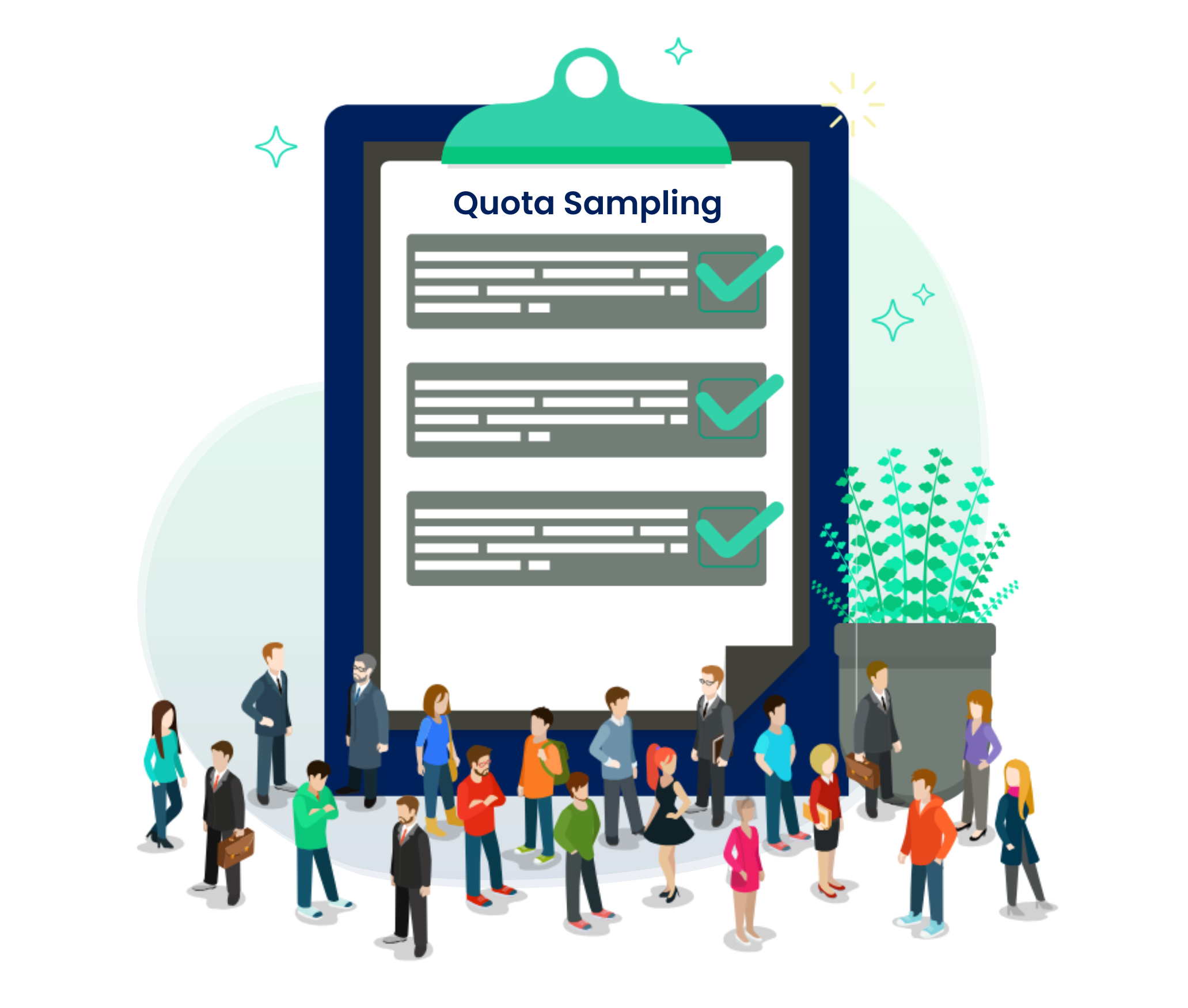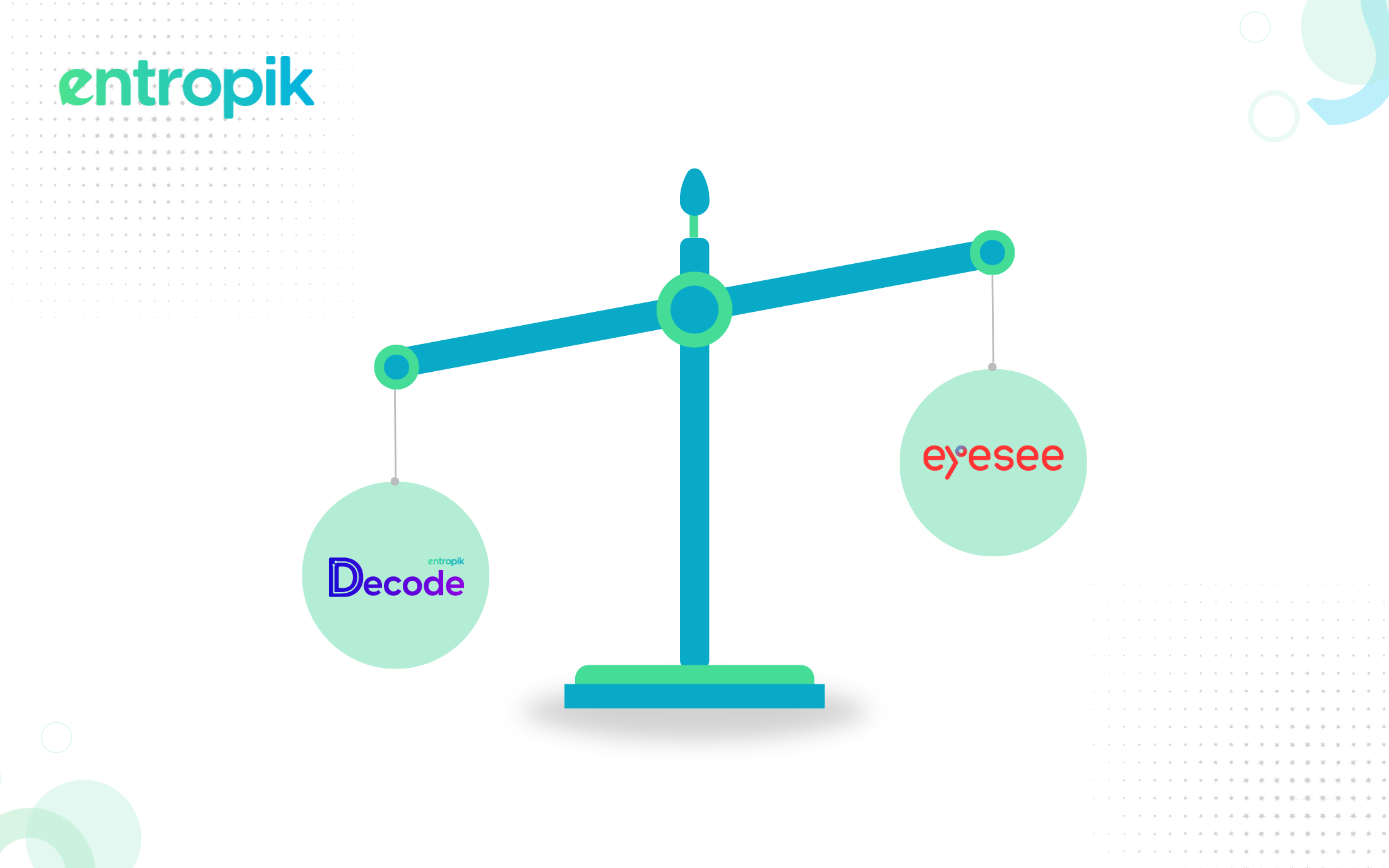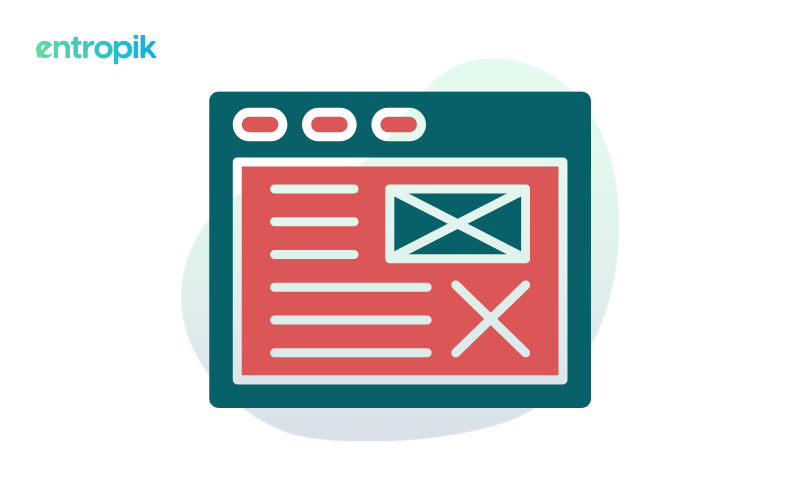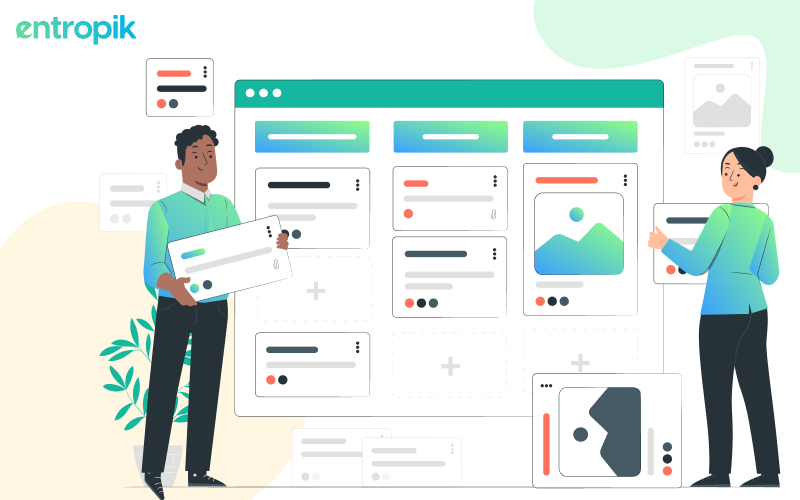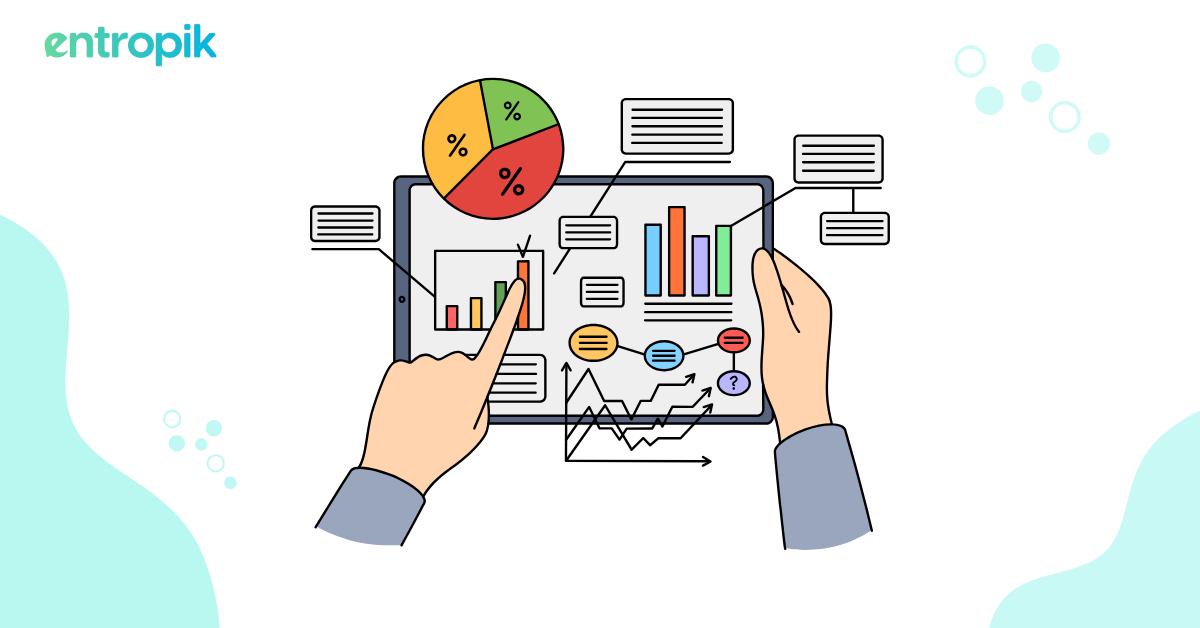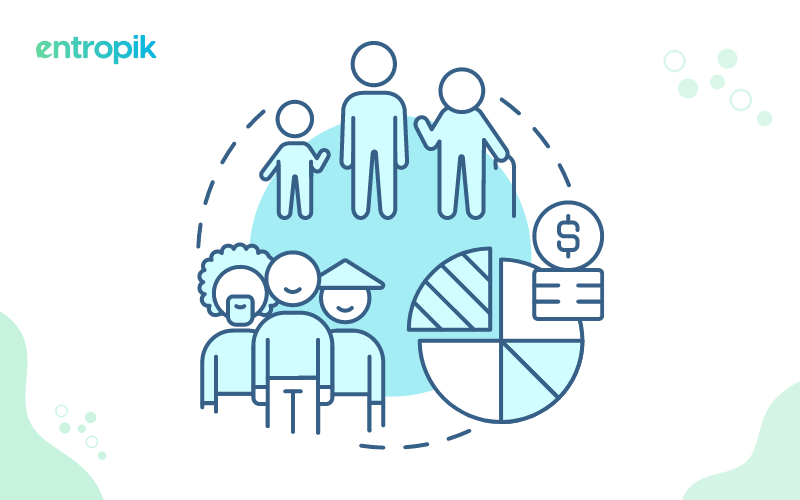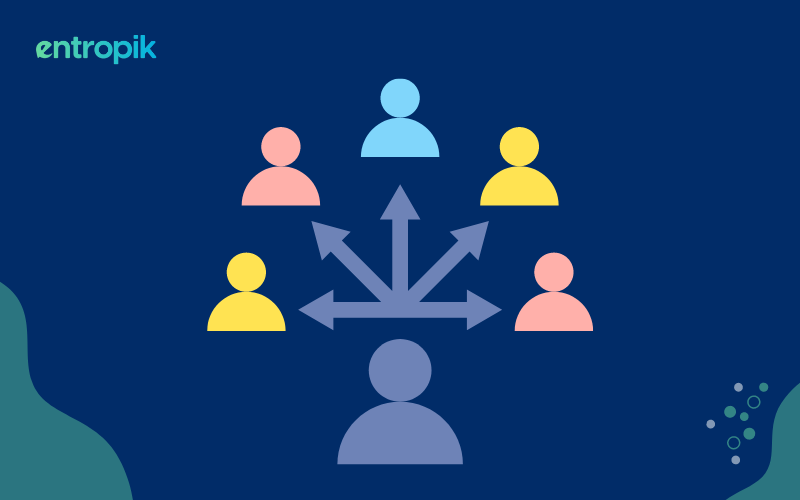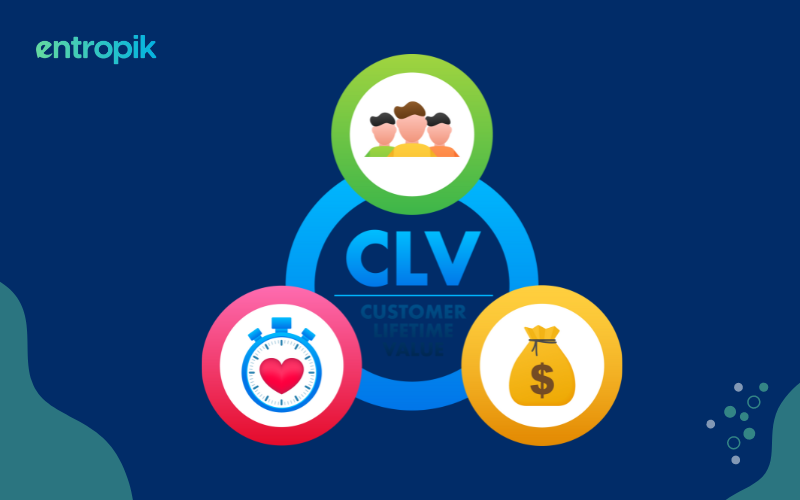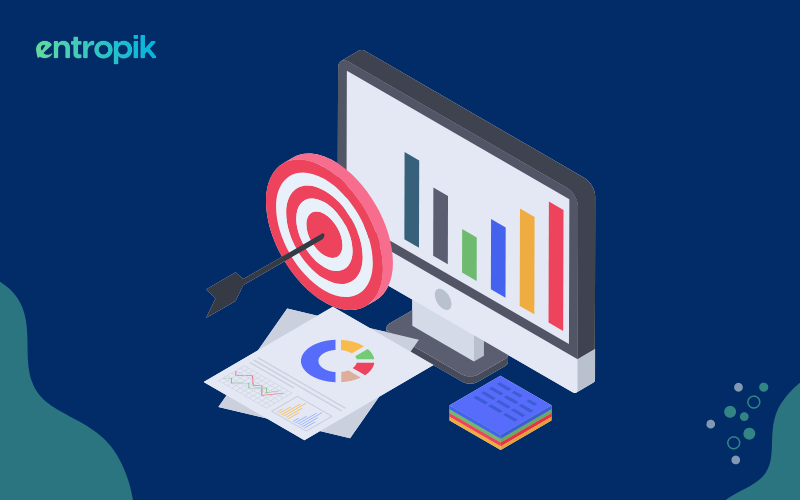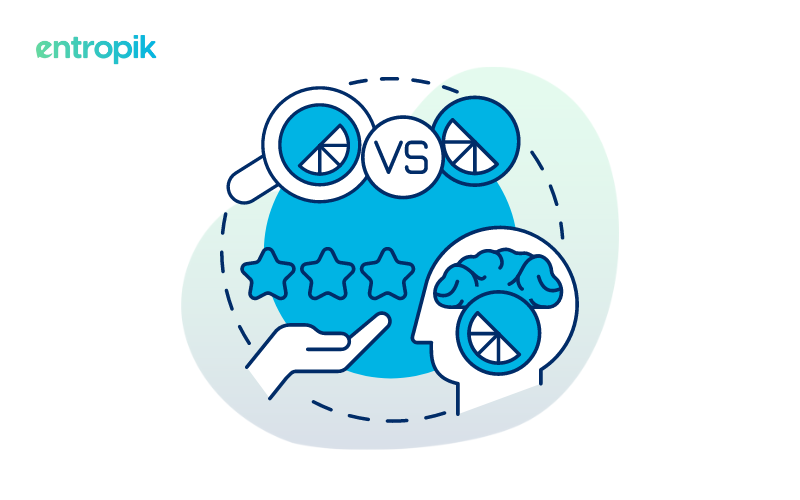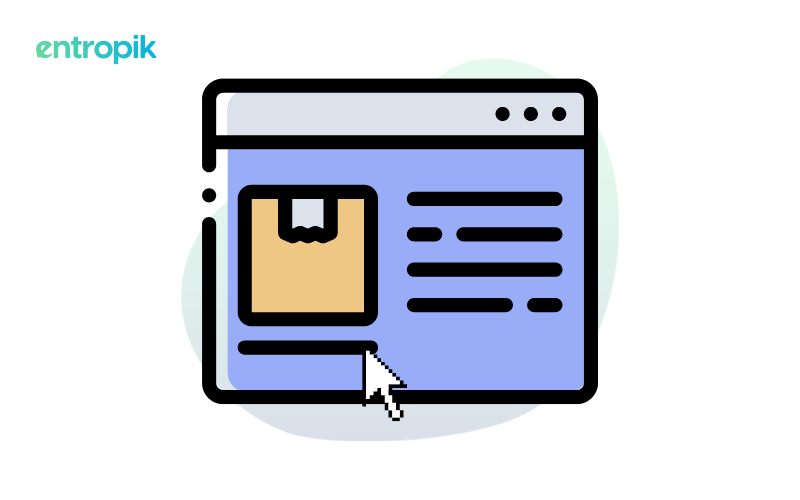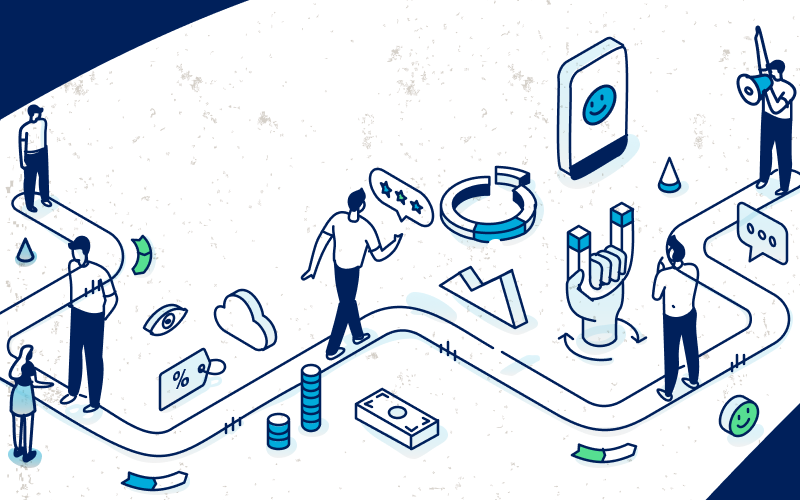Experimental research is crucial for companies because it allows them to precisely control and measure key factors, identify dependent and independent elements, and set conditions to observe their effects. By changing one variable systematically, it is possible to determine possible cause-and-effect relations and analyze how specific observed effects depend on them.
Read this blog to learn more about how experimental research design can drive business success and provide practical examples of its application in various industries.
What is Experimental Research?
Experimental research is a systematic and scientific approach in which the researcher manipulates one or more independent variables and observes the effect on a dependent variable while controlling for extraneous variables. This method allows for the establishment of cause-and-effect relationships between variables.
Experimental research involves using control groups, random assignment, and standardized procedures to ensure the reliability and validity of the results. It is commonly used in psychology, medicine, and the social sciences to test hypotheses and theories under controlled conditions.
Example of Experimental Research
An experimental research example scenario can be a clinical trial for a new medication. This scenario aims to determine whether the new type of drug applies to the patient. Accordingly, patients with hypertension diagnosed by a medical practitioner are randomly assigned to two groups.
The experimental group is subjected to the new medication the research treatment facility delivers. In contrast, the control group is treated with either a placebo or the medical drugs previously used by the patients. The data will be both quantitative and qualitative.
Quantitative data will include blood pressure levels or symptom severity scores. Qualitative data will include symptoms reported by the patient or symptoms observed by the practitioner and side effects experienced by the patients. Consequently, the research on which type of drug is effective is tested, and results are obtained by comparing the patient's conditions in the two groups.
Researchers believe a new medication works if the experimental group shows significant symptom improvements compared to a control group and has no immediate side effects. Testing many patients increases confidence that the effects are due to the medication and not a placebo effect.
What Are The Different Types of Experimental Research?
The following are the different types of experimental research:
Pre-Experimental Research
- One-Shot Case Study: A single group is exposed to a treatment and then observed for outcomes. There is no control group for comparison.
- One-Group Pretest-Posttest Design: A single group is measured before and after treatment to observe changes.
True Experimental Research
- Randomized Controlled Trials (RCT): Participants are randomly assigned to experimental and control groups to ensure comparability and reduce bias. This design is considered the gold standard in experimental research.
- Pretest-Posttest Control Group Design: Both the experimental and control groups are measured before and after the treatment. The experimental group receives the treatment, while the control group does not.
- Posttest-Only Control Group Design: Participants are randomly assigned to experimental and control groups, but measurements are taken only after the treatment is administered to the experimental group.
Quasi-Experimental Research
- Non-Equivalent Groups Design: Similar to the pretest-posttest control group design, participants are not randomly assigned to groups. This design is often used when random assignment is not feasible.
- Interrupted Time Series Design: Multiple measurements are taken before and after a treatment to observe changes over time. This design helps control time-related variables.
- Matched Groups Design: Participants are matched based on certain characteristics before being assigned to experimental and control groups, ensuring comparable groups.
Factorial Design
- Full Factorial Design: Involves manipulating two or more independent variables simultaneously to observe their interaction effects on the dependent variable. All possible combinations of the independent variables are tested.
- Fractional Factorial Design: A subset of the possible combinations of independent variables is tested, making it more practical when dealing with many variables.
What is the Importance of Experimental Research?

Establishing Causality
Experimental research is essential for establishing correlations between variables of interest and demonstrating causality. It allows researchers to manipulate one or more independent variables considered the cause and record changes in the dependent variable, the effect.
Controlling Variables
One of the strengths of this type of research is that it allows for controlling the effect of extraneous variables. This means that experimental research reduces alternative explanations of effects. Using control groups and random assignment to conditions, the experimental method can accurately determine whether the observed group differences resulted from manipulating the independent variable or other factors.
Providing Reliable and Valid Results
A structured and rigorous methodology while conducting experimental research minimizes the possibility of measurement errors and biases. In addition, randomized controlled trials are generally accepted as the gold standard in research. Because of these features, the data’s reliability can be confirmed in advance by similar findings, and the results will also be more replicable and generalizable to the broader population.
Informing Decision-Making
Experimental research provides empirical evidence and data to support important organizational decisions, such as product testing and experimentation, marketing strategies, or improving operational processes and activities.
Driving Innovation
Experimental research drives innovation by systematically testing new ideas and interventions. It allows companies and researchers to experiment with novel concepts in a controlled environment, identify successful innovations, and confidently scale them up.
What Are The Disadvantages of Experimental Research?
Ethical Concerns
Experimental research implies ethical dilemmas, especially when human subjects are concerned. Generally speaking, ethical principles prohibit manipulating variables, specifically intentionally causing harm to, offending, and inducing psychological or physical pressure. Ethics guidelines and review boards are expected to curb risks in an experiment, but they could also somewhat restrain findings.
Artificial Settings
Most experimental studies are conducted in highly controlled artificial conditions, such as laboratories, where external variables are properly controlled and isolated. Thus, the conclusions of the findings might only sometimes be extended to the real world, so they will only sometimes be applicable. The main type of validity under which this problem falls is external validity. Some variables cannot be controlled or do not appear in artificial conditions.
High Costs and Time Consumption
Experimental research is expensive and time-consuming. There are various reasons for this statement. First, such a type of research requires specialized equipment, controlled conditions of measurement, and large sample sizes, which means increased costs. Second, designing an experiment, preparing all the necessary information and tools for its implementation, running it, and analyzing the data received is usually time-consuming, even in the simplest cases.
Practical and Logistical Constraints
Some variables or phenomena cannot be either manipulated or controlled. Experimental studies are impractical if processes are complex, large-scale, or long-term. For example, a lab cannot treat anything related to the environment or societal changes. Therefore, due to the inability to conduct experiments based on such phenomena, some questions can only be studied by other experimental research methods, such as observational or correlational.
Participant Behavior and Bias
Experimental studies may be biased based on the participants’ awareness of being observed during the process. Also called the Hawthorne effect, another issue that can hurt the study’s validity, especially in medical research, is using control groups. Although they are necessary to measure the efficiency of a certain treatment, such research may involve not providing some groups with potentially beneficial treatment.
These two problems may affect the results and make them unethical. In either case, corrective steps should be taken to address this issue and ensure that the results have been obtained properly.
How Businesses Can Leverage Experimental Research?
Product Development and Testing
Businesses can use experimental research to test new products or features before launching them. By creating controlled experiments, such as A/B testing, companies can compare different versions of a product to see which one performs better in terms of customer satisfaction, usability, and sales. This approach allows businesses to refine their products based on empirical evidence, reducing the risk of failure upon release.
Marketing Strategy Optimization
Experimental research is invaluable for optimizing marketing strategies. Businesses can test different marketing messages, channels, and tactics to determine which are most effective in engaging their target audience and driving conversions. For example, they can conduct randomized controlled trials to compare the impact of various advertising campaigns on consumer behavior, enabling data-driven decisions that enhance marketing ROI.
Customer Experience Enhancement
Customer experience is increasingly more critical for retention and loyalty. Companies use experimental research to determine the best practices for customer service, website design, and in-store experience. Through experimenting and measuring responses, companies can identify what promotes satisfaction and loyalty and apply these results to enhance customer experience.
Pricing Strategies
Experimental research helps businesses determine optimal pricing strategies. Companies can analyze consumer reactions and willingness to pay by testing different price points in controlled settings. This approach enables businesses to find the price that maximizes revenue without deterring customers, balancing profitability with market competitiveness.
Operational Efficiency
Businesses can use experimental research to enhance operational efficiency. For instance, they can test various processes, workflows, or technologies to identify which ones improve productivity, reduce costs, or enhance quality. Companies can implement the most effective strategies and practices by systematically experimenting with different operational changes, leading to better overall performance.
Final Words
Experimental research has become a powerful instrument for modern business development. It systematically tests assumptions and variables associated with various activities, from product development, marketing strategies, and customer experiences to pricing and operational efficiencies.

Get your hands on Decode, an AI-powered market research tool that can help you test hypotheses about consumer behavior and preferences. Companies can determine cause-and-effect relationships by manipulating specific variables, such as pricing or advertising methods, and observing the effects on consumer responses using Decode diary studies.
This research method collects qualitative data on user behaviors, activities, and experiences over time. This helps them make informed decisions about product development, marketing strategies, and overall business operations.
Frequently Asked Questions (FAQs)
Question 1: What are examples of experimental research?
Answer: Examples of experimental research include drug trials, psychology experiments, and studies testing new teaching methods. These experiments involve manipulating variables and comparing outcomes to establish causal relationships.
Question 2: What is the meaning of experimental design in research?
Answer: Experimental design in research refers to the methodical planning of experiments to control variables, minimize bias, and draw valid conclusions. It involves carefully considering factors like sample size, randomization, and control groups.
Question 3: What are the characteristics of experimental research?
Answer: Characteristics of experimental research include manipulation of variables, random assignment, control groups, and measurement of outcomes. These features ensure that researchers can isolate the effects of specific variables and draw reliable conclusions.
Question 4: Where is experimental research used?
Answer: Experimental research is used in medicine, psychology, education, and natural sciences to investigate cause-and-effect relationships and validate hypotheses. It provides a systematic approach to testing theories and informing evidence-based practices.


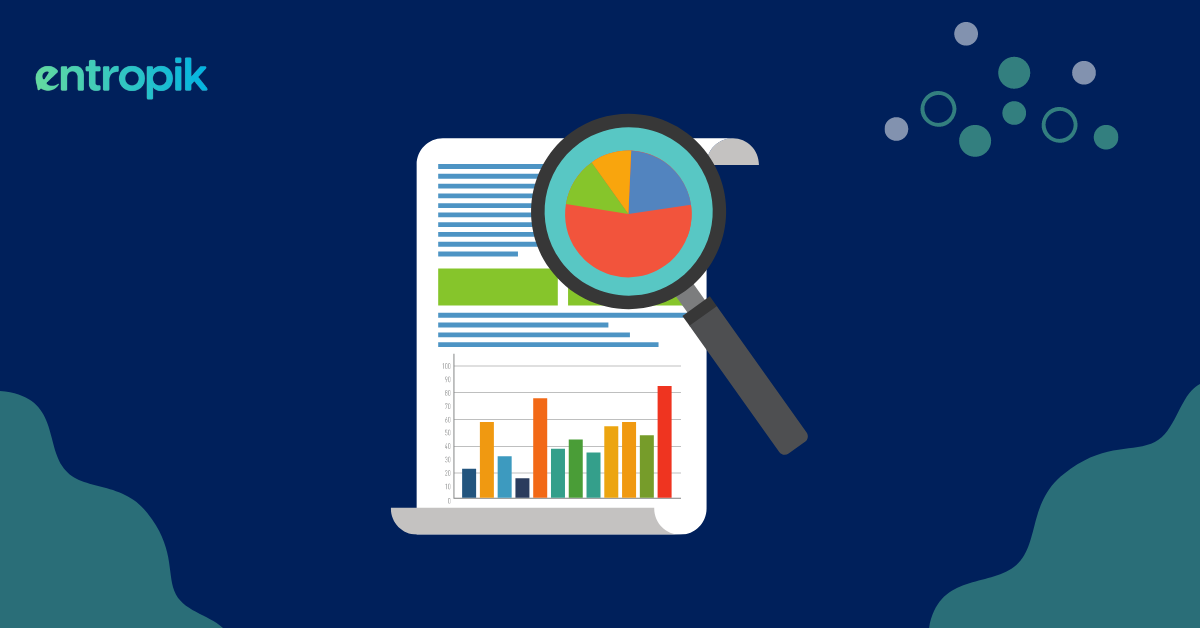












.jpg)



